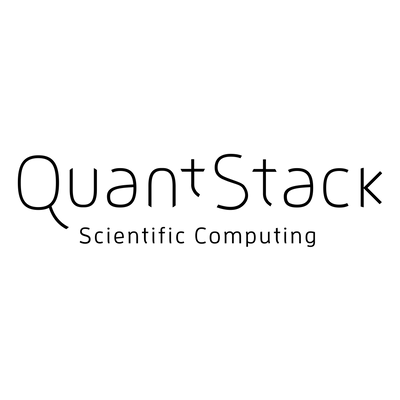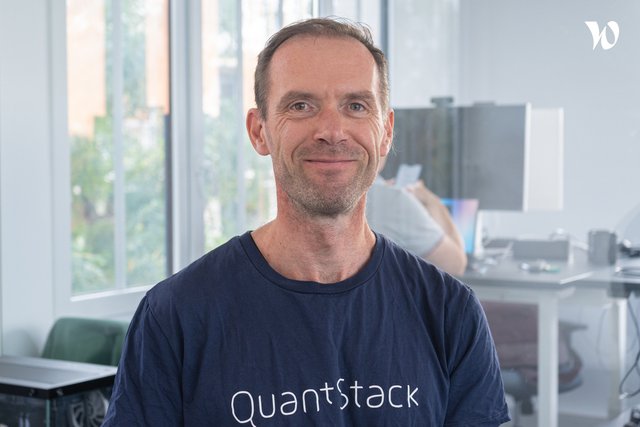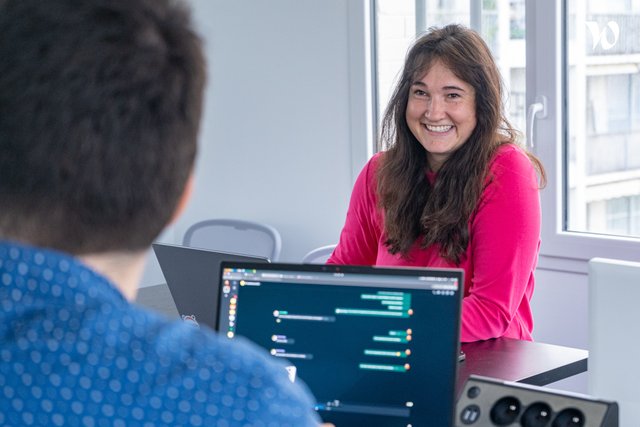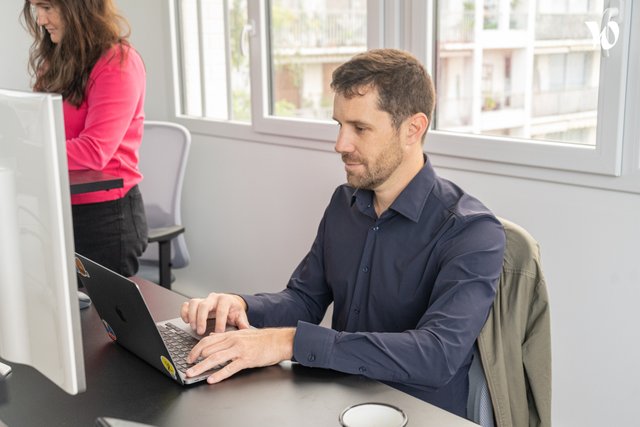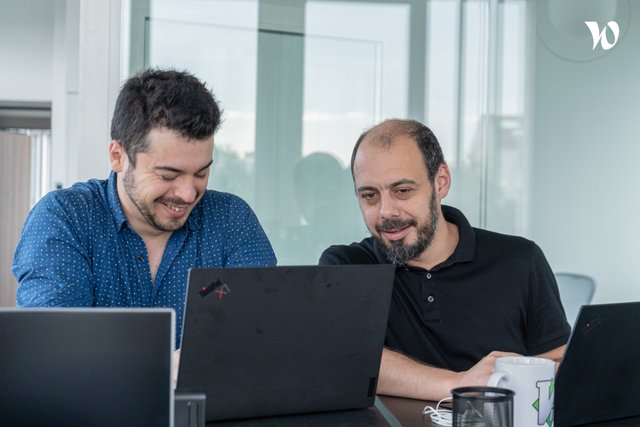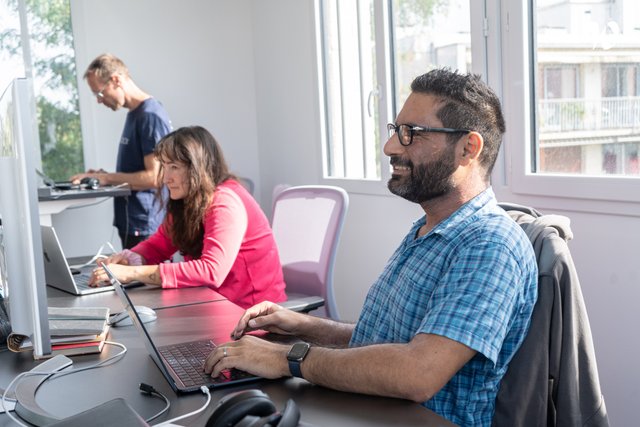Our team of open-source developer is responsible for the maintenance of projects used by millions scientists and engineers around the world. From astrophysics to biology, our tools are used for research and discovery in a broad range of domains.
We are deeply convinced that software tools used for science education and to make new discoveries should be open-source. There would be a deep contradiction in using an opaque tool to try to better understand our world.
Beyond our dedication to open-source software, we are passionate makers. We love elegant and parsimonious solutions to real-world problems and deeply care about our impact in the world.


